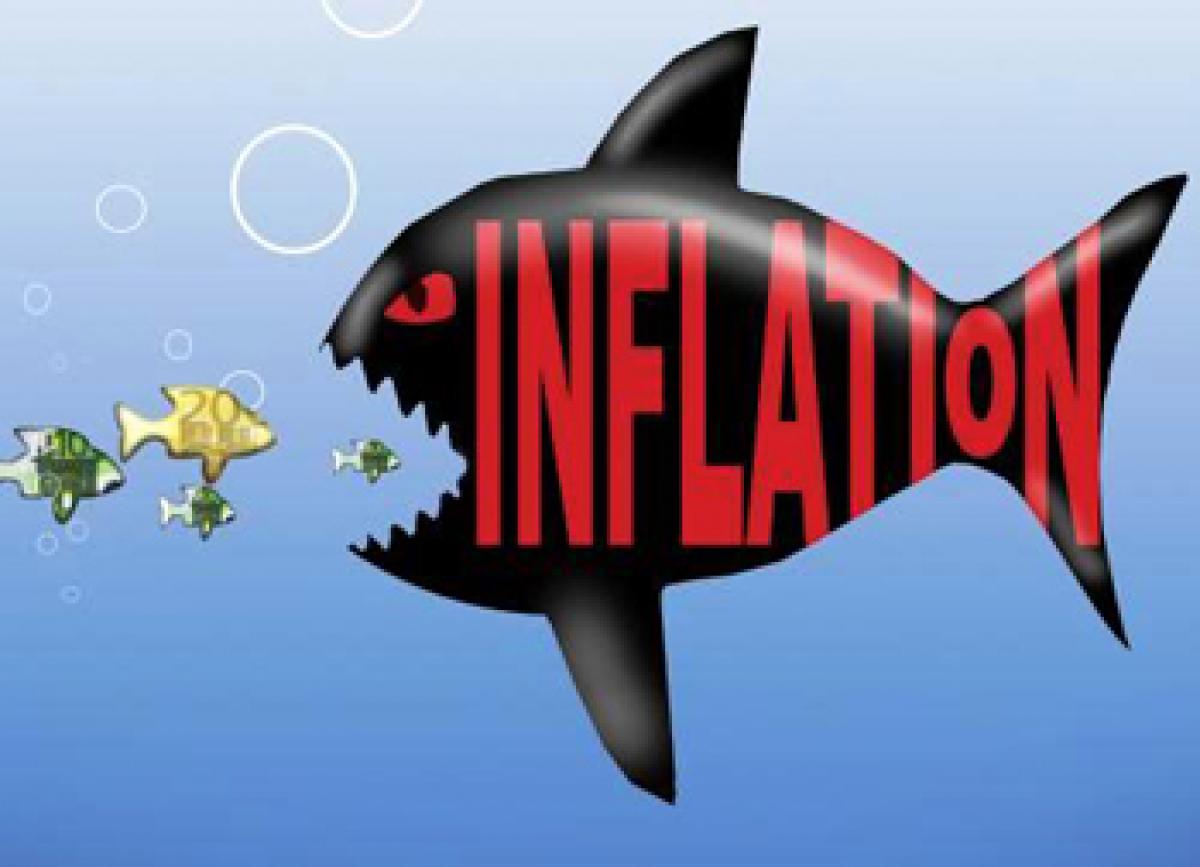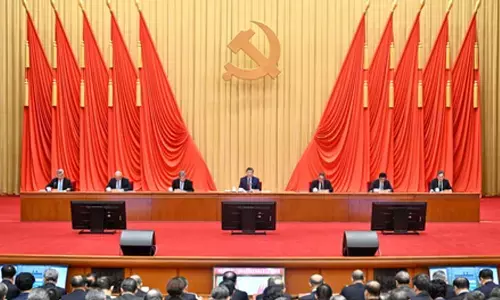Inflation targeting

Inflation targeting. In a move that may dilute powers of RBI chief, the government on July 23 proposed taking away his authority to veto the interest rate decision of the central bank\'s monetary policy committee.
.jpg) In a move that may dilute powers of RBI chief, the government on July 23 proposed taking away his authority to veto the interest rate decision of the central bank's monetary policy committee. The revised draft of Indian Financial Code (IFC), released by the Finance Ministry, has also proposed that the all-powerful committee would have four representatives of the government and only three from the central bank, including the 'RBI Chairperson'.
In a move that may dilute powers of RBI chief, the government on July 23 proposed taking away his authority to veto the interest rate decision of the central bank's monetary policy committee. The revised draft of Indian Financial Code (IFC), released by the Finance Ministry, has also proposed that the all-powerful committee would have four representatives of the government and only three from the central bank, including the 'RBI Chairperson'.
The draft talks of 'RBI Chairperson' and not 'RBI Governor'. RBI is headed by a Governor, at present. The IFC, which is conceived as an overarching legislation for the financial sector, proposes a monetary policy committee which will be entrusted with the task of deciding the key policy rate and chasing the annual retail inflation target to be decided by the government in consultation with RBI.
"Inflation target for each financial year will be determined in terms of the Consumer Price Index (CPI) by the Central Government in consultation with the Reserve Bank every three years," said the draft on which the Finance Ministry has invited comments till August 8. Inflation targeting is a monetary policy in which a central bank has an explicit target inflation rate for the medium term and announces this inflation target to the public.
The assumption is that the best that monetary policy can do to support long-term growth of the economy is to maintain price stability. The central bank uses interest rates, its main short-term monetary instrument. An inflation-targeting central bank will raise or lower interest rates based on above-target or below-target inflation, respectively.
The conventional wisdom is that raising interest rates usually cools the economy to rein in inflation; lowering interest rates usually accelerates the economy, thereby boosting inflation. Inflation targeting allows monetary policy to "focus on domestic considerations and to respond to shocks to the domestic economy", which is not possible under a fixed exchange-rate system. Also, investor uncertainty is reduced and therefore investors may more easily factor in likely interest rate changes into their investment decisions.
Inflation expectations that are better anchored "allow monetary authorities to cut policy interest rates countercyclically." However, an econometric analysis by University of Greenwich economists found that although inflation targeting results in higher economic growth, it does not necessarily guarantee stability based on their study of 36 emerging economies from 1979 to 2009.














